Climate Extremes Will Strain UK Agriculture
New report shows that U.K. farming faces changing and more variable climate.
The agricultural sector in the United Kingdom will need to adapt to new farming practices and more variable weather conditions, as climate change threatens to unevenly affect the water availability in the country in the coming decades, according to a report released on Monday.
The study, commissioned by the Royal Agricultural Society of England (RASE) and carried out by scientists at the University of Reading, shows that climate extremes such as drought and flooding are likely to reduce the amount of water for agriculture and horticulture, providing a major challenge to farmers, researchers, plant breeders and policy makers across the U.K.
According to the report, while climate change is expected to produce higher temperatures, drier summers and wetter winters across much of England, the effects on water availability will vary throughout the country and even, from year to year, in the same areas.
Direct abstractions are likely to become less reliable during the summer and more seasonal; meanwhile, the higher-intensity rainfall in certain periods of the year will produce high runoff, and thus less water will be able to percolate into aquifers, the report says.
Different crop types will also be affected differently, requiring farmers and to change their farming practices or even move their crops to other locations. Crops that need irrigation, in particular, such as vegetables and sugar beet, may be forced to shift from the drier east of England to the wetter west of the country. This, in turn, may affect stock-breeding in these regions.
Agriculture occupies 70 percent of the land within England, with three quarters used for grazing livestock and one quarter for cropping.
“Plant breeders will need to incorporate drought resistance and waterlogging tolerance into new varieties…planners must be flexible in allowing farms to build reservoirs so that they can conserve winter rainfall for summer irrigation,” RASE Agri-Science Director Ian Smith said in a statement, according to Reuters.
The study acknowledges and outlines a range of combined solutions to preserve water, reduce water use, make more water available, reduce the direct and indirect impacts of flooding, or adapt policy and practice to the changing situation. It also encourages more research into the water implications of climate change on the U.K. food production, risk management and policy.
“Two things are clear,” the report says. “First, no single option will be appropriate for every situation. Second, in general, options will not be able to save or provide enough water to address the magnitude of potential changes. The solution is to develop a range of options that address all potential impacts, depending on the severity and potential direction of change.”
Sources: Royal Agricultural Society of England, Reuters
, a Bulgaria native, is a Chicago-based reporter for Circle of Blue. She co-writes The Stream, a daily digest of international water news trends.
Interests: Europe, China, Environmental Policy, International Security.


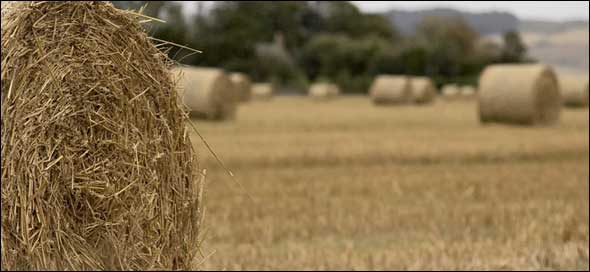

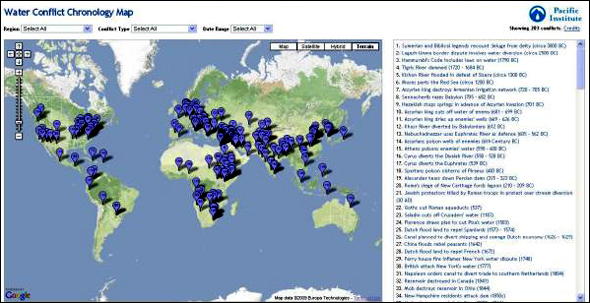

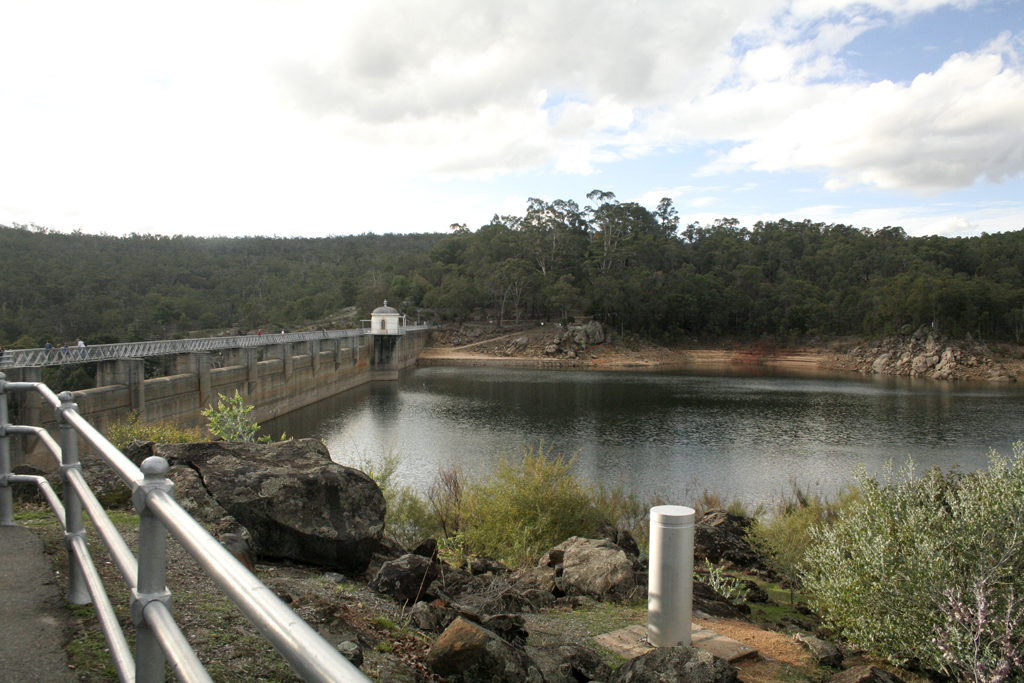
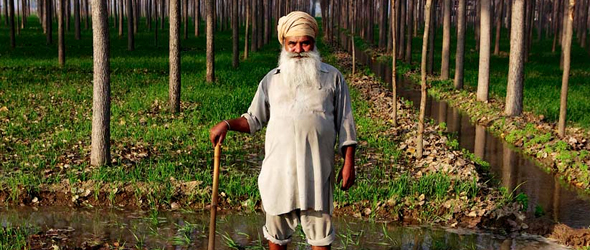

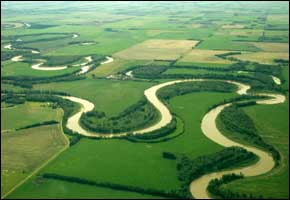

Leave a Reply
Want to join the discussion?Feel free to contribute!